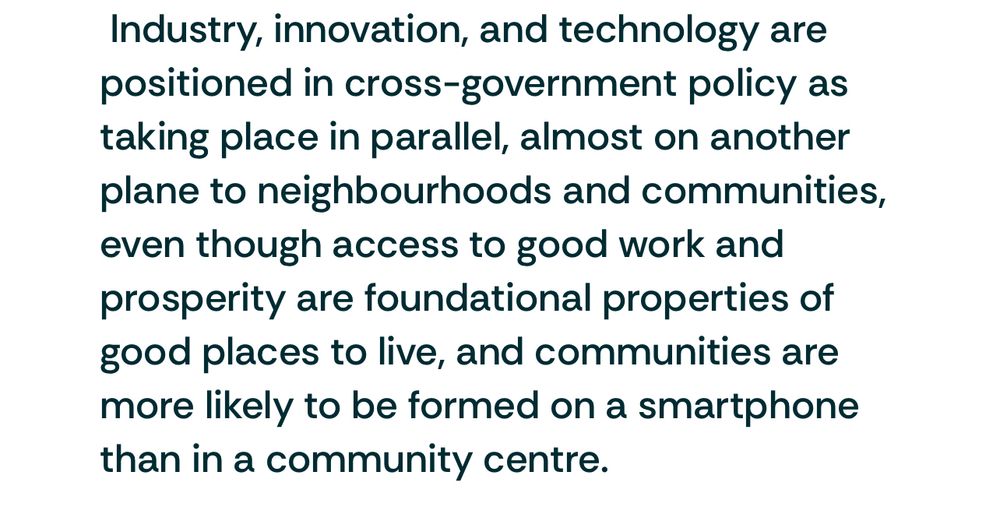Nick Plumb
@nickplumb.bsky.social
3.1K followers
800 following
560 posts
Director of Policy and Insight at @powertochange.org.uk
Interests include: UK politics, trust, communities, localism, democratic reform, and inequality.
Posts
Media
Videos
Starter Packs
Pinned
Reposted by Nick Plumb
Reposted by Nick Plumb
Reposted by Nick Plumb
Reposted by Nick Plumb
Reposted by Nick Plumb
Reposted by Nick Plumb
Reposted by Nick Plumb



















